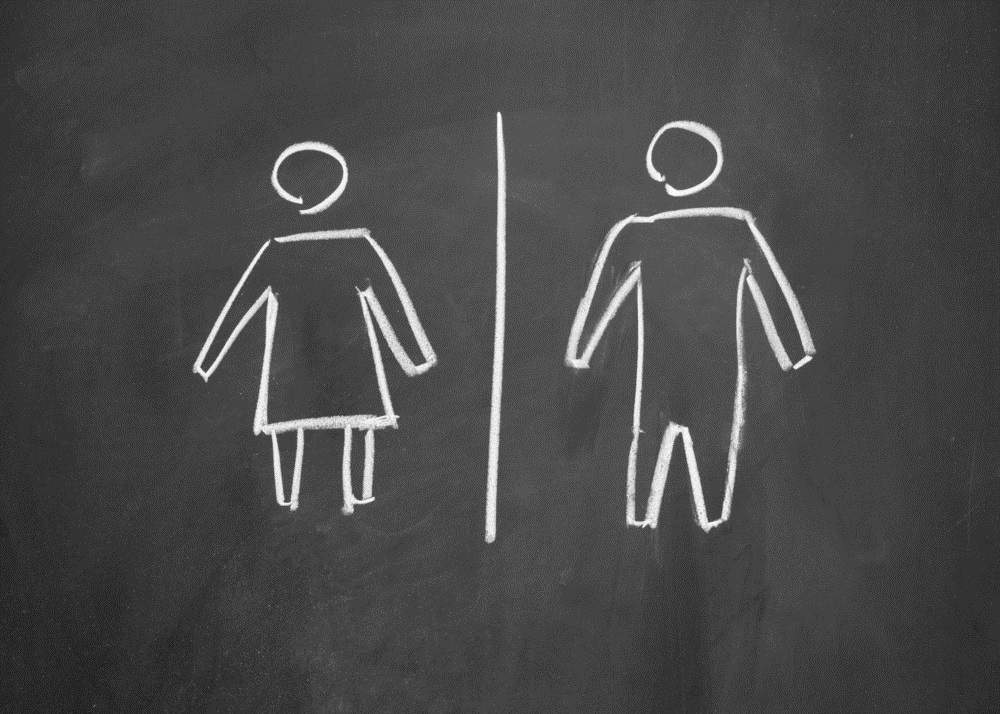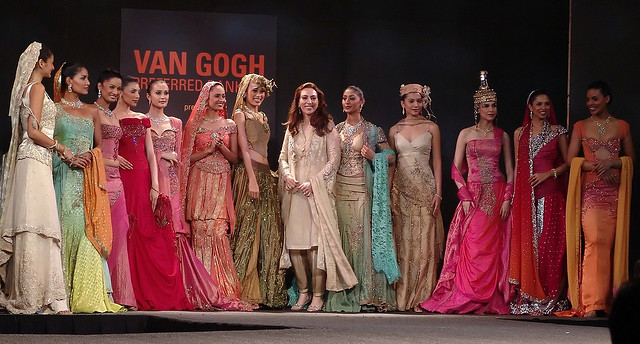Recently, many strident voices on social media have been critiquing HEART’s work and misrepresenting our positions on sexual health and sexual violence. While we absolutely do not expect everyone to be on board or even comfortable with our approach, we are strongly opposed to the unscrupulous tactics that have recently been used to disparage our organization’s work. Ironically, the individuals who have criticized us for our lack of Islamic ethics have chosen to denigrate our work in a way that is the antithesis of Islamic ethics and the Prophetic example: through bullying, intimidation, name-calling, and most importantly, propagating untruths. This type of religious shaming and hateful rhetoric is exactly what HEART opposes, and while we are not interested in engaging in a game of internet bullying, we do believe it is necessary to correct the misinformation that is spreading about our work.
The Qur’an instructs Muslims to stand up for justice, even if it means challenging one’s own community. For years, we have heard Muslims share their struggles with body image, depression, unhealthy relationships, sexuality, and all too often, sexual violence. They spoke of not having access to culturally-sensitive information and resources, and feeling apprehensive of seeking out these tools because of the shame associated with discussing sex and sexual violence in Muslim communities. These individuals were different ages, ethnicities, genders and education levels, but, they all had one thing in common: They were never given personal agency or the tools to think critically about their bodies, sexuality, and faith. They navigated this world, often times, alone, and in silence. This silence is unjust and contributes to the gender inequities and violence in our communities.
HEART Women & Girls was founded to break this silence and dismantle the stigma that looms over candidly talking about issues related to gender and sexuality, especially the issue of sexual violence. We believe that everyone can make informed decisions about their sexual and reproductive health when they have access to accurate information that considers their personal worldview, faith, and systems that foster real choice. Social justice is an important tenet of Islam that sits at the foundation of the work we do at HEART—we work against systems of oppression which prevent all people, but particularly Muslims, from getting information about their health. Patriarchy and religious shaming chips away at the mental well-being of those who are being silenced and marginalized, and lumps the diversity and complexity of Muslim experiences into one homogenous group. We want people to reclaim sexual health decision making in a way that it is empowering, a way that instills healthy attitudes toward sexuality, and for those who wish, in a way that allows them to draw inspiration from their faith. We want to create safer spaces for survivors of sexual assault so that more are able to seek the justice and healing they deserve and more perpetrators are held accountable. This is what HEART aims to do through different mechanisms: health education, advocacy, research, and training.
As an organization led by Muslim women who are empowered by their faith, we are not in the business of changing religious code, as many would like you to believe. You will never hear us deem permissible that which is impermissible or vice versa. Nor do we claim to be religious scholars.
If a participant is seeking religious guidance, we offer them several resources to obtain that guidance. That being said, we are also not in the business of regulating how people live out their faith. One of our guiding principles comes from the Qur’anic verse that commands, “There is no compulsion in religion.” Our mission is to give individuals the information and resources they need to live out their values in the way they choose. We firmly believe that the decision to uphold religious code (or not) is one that is deeply personal and strictly between the individual and God.
You will, however, hear us advocating for more inclusive, safe spaces for all – regardless of how they choose to engage in religious practice. We also believe that simply violating religious code with respect to sexual behaviors does not put one outside the fold of Islam. We do not label such individuals as non-Muslim and because of that very truth, we do not believe in denying people who have certain experiences the dignity and integrity they deserve as human beings and Muslims. For this reason, our programming welcomes all people to come together to learn about sexual health and sexual violence in a space that is free of blame and shame, promotes empowerment, encourages critical examination of personal values and faith, and equips them with the resources and skills they need to feel in control of their bodies and sexuality.
Emerging research provides empirical evidence for the value of our work. The Family and Youth Institute reports that nearly half of never before married Muslim college students admit to having had sex. Researcher Sobia Ali-Faisal indicates similar findings: that more than half of Muslim men and women admit to having had sex before marriage. We also know the following to also be true:
- For young people, Muslim parents and mosques are the least likely source of sexual health information and media is the most likely source. Media, such as the internet, social media, and pornography frequently provide inaccurate or harmful information. Unfortunately, this is what young people often resort to when they are not able to receive satisfactory answers from a credible source.
- Sex education does not in fact lead to increased sexual activity and earlier initiation. Rather, research shows that it empowers young people to delay sex.
- Limiting sexual health education to an abstinence-only framework leaves many unprepared to address numerous sexual and reproductive health issues or navigate high pressure social situations. This limited education puts individuals at risk for being unable to identify or seek help for common medical issues, risky decision making, and unhealthy or abusive relationships.
HEART remains committed to providing accurate, culturally-sensitive sexual health information to its participants. Over the years, we have built a national team of talented, accomplished, strong Muslim women who are experts in public health, mental health, and anti-sexual assault advocacy.
There are many who oppose our work. They are spreading misinformation and lies about what we do, and using bullying tactics to silence our message. If we continue to support such misogyny and rhetoric, we are complicit in turning our backs on long overdue conversations that are crucial to the future health of our communities. This hateful, shame-ridden rhetoric is the at the very root of the oppressions we are advocating to end, and we are only more motivated than ever to continue this work.
We know you are all committed to creating communities that are safe, inclusive, and reflect gender equity. These are the communities that will foster healthy marriages and families for our children in the future. Join us as we speak up for the importance of this work. Together, we can and we will do better.
We would love for you to show your support. Here are some ways you can help:
- Like us on Facebook and Twitter.
- Sign Up for our Listserv to keep informed.
- Download any number of our publications and start a conversation at home.
- If you are a man, start having these conversations with the women you love.
- Donate to help create sustainable programming.
Nadiah Mohajir is co-founder & director of HEART Women & Girls, a nonprofit that promotes sexual health and sexual violence awareness in faith communities.






1 Comment